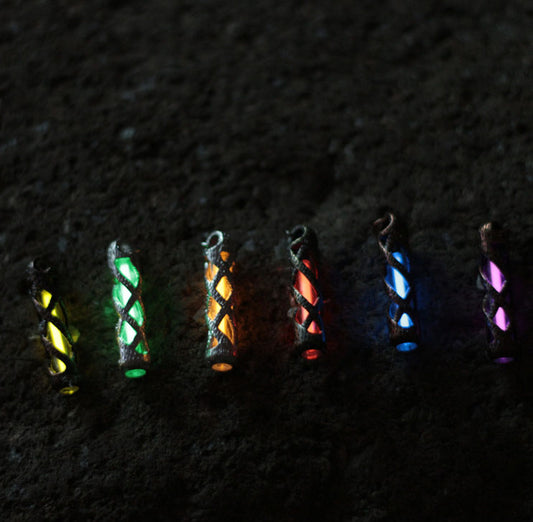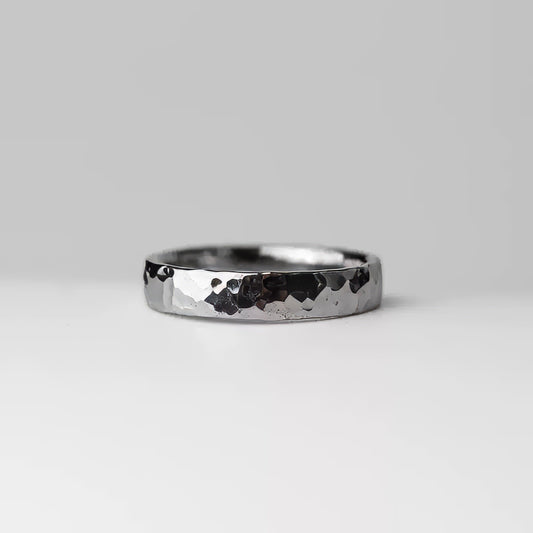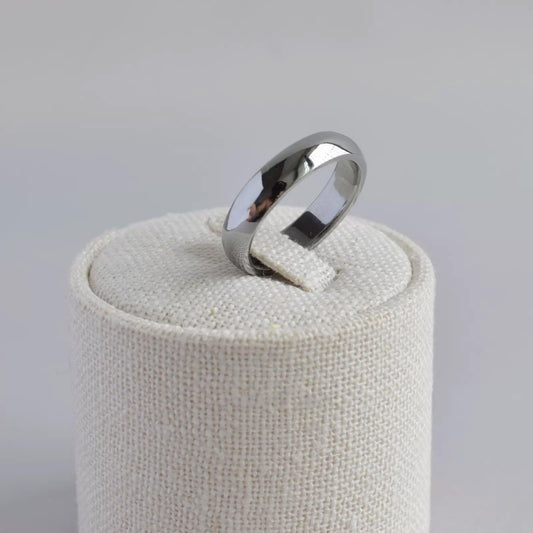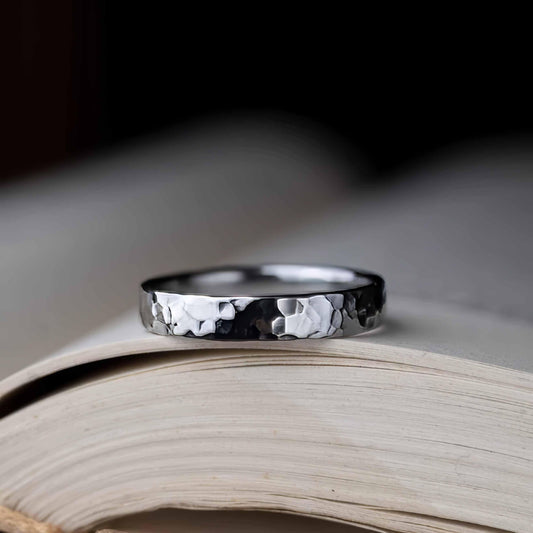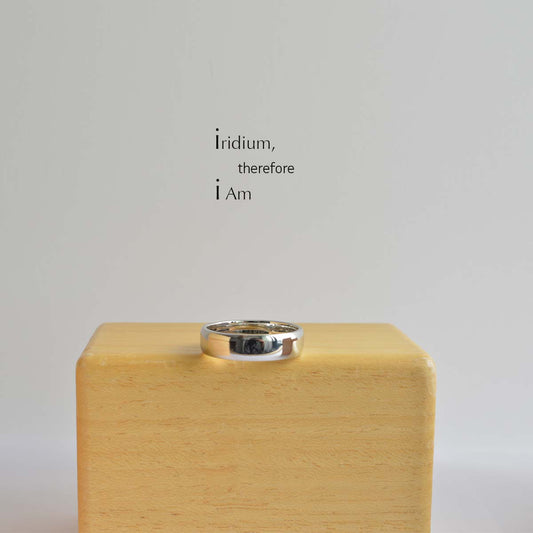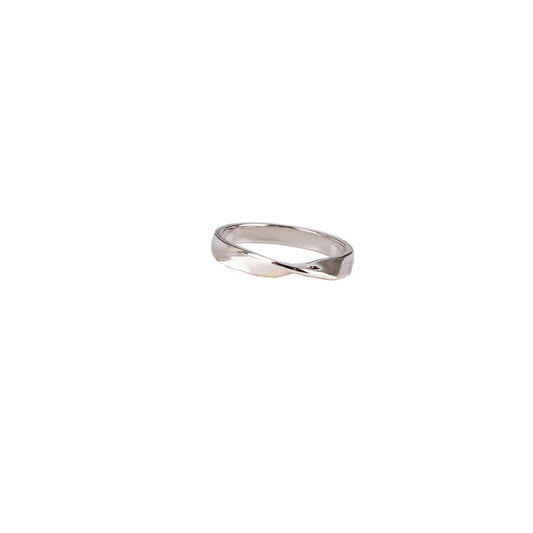Celebrating Love on Personal Terms A Look at Humanist Weddings
Celebrating Love on Personal Terms A Look at Humanist Weddings
The first time I attended a humanist wedding, I was struck by how different it was from any ceremony I’d been to before. It took place in a sunlit garden, with guests seated in a semicircle around the couple. There was no aisle or altar, just a simple wooden arch decorated with wildflowers behind the pair. As the celebrant began to speak, it became clear that this was not just a deviation from tradition—it was a celebration of what their love meant to them personally.
Humanist weddings cater to those who wish to express their commitment in a way that aligns with their values, often devoid of religious connotations. This type of ceremony is uniquely crafted, focusing on the couple's shared values, stories, and future aspirations. Its growing popularity reflects a shift towards individuality in how we celebrate life’s milestones, away from one-size-fits-all rituals.
Cultural influences play a big role in shaping these ceremonies. In fact, humanist weddings have been legally recognized in Scotland since 2005, setting a precedent for the celebration of personalized weddings. Other regions are recognizing the trend, albeit at different paces. This acceptance speaks volumes about how the perception of marriage itself is evolving, highlighting inclusivity and a broader understanding of what it means to commit to another person.
One of the most memorable parts of the humanist wedding I attended was the couples’ exchange of vows. They opted to write their own, steering clear from the “in sickness and in health” script. Their vows included promises like "I vow to support your dreams as if they are my own" and "I promise to keep learning about you daily." This openness and honesty reflected the essence of their relationship, one built on mutual respect and understanding.
A humanist wedding offers the chance to involve friends and family in meaningful ways. During the ceremony, the couple had a few close friends share anecdotes and readings that personally resonated with them, adding layers of intimacy. This kind of inclusion brought depth to the event, making everyone feel like a part of the couple's journey.
Though humanist weddings might seem unconventional, they carry a certain charm and authenticity that traditional settings might lack. For some, that’s a bit unnerving—breaking from tradition can be daunting, especially if family expectations are rooted in conventional ceremonies. Yet for the couple at that garden wedding, it was precisely this departure that made the day uniquely theirs.
In the end, whether or not one chooses a humanist wedding is deeply personal. It's not about defying tradition for the sake of it, but rather about finding a way to honor love in its truest form. Just as a wedding is not the culmination but the beginning of a shared life, a humanist ceremony is a testament to the personal, joyful, and sometimes surprising ways love can be celebrated. And honestly, isn’t that what weddings should be all about?







